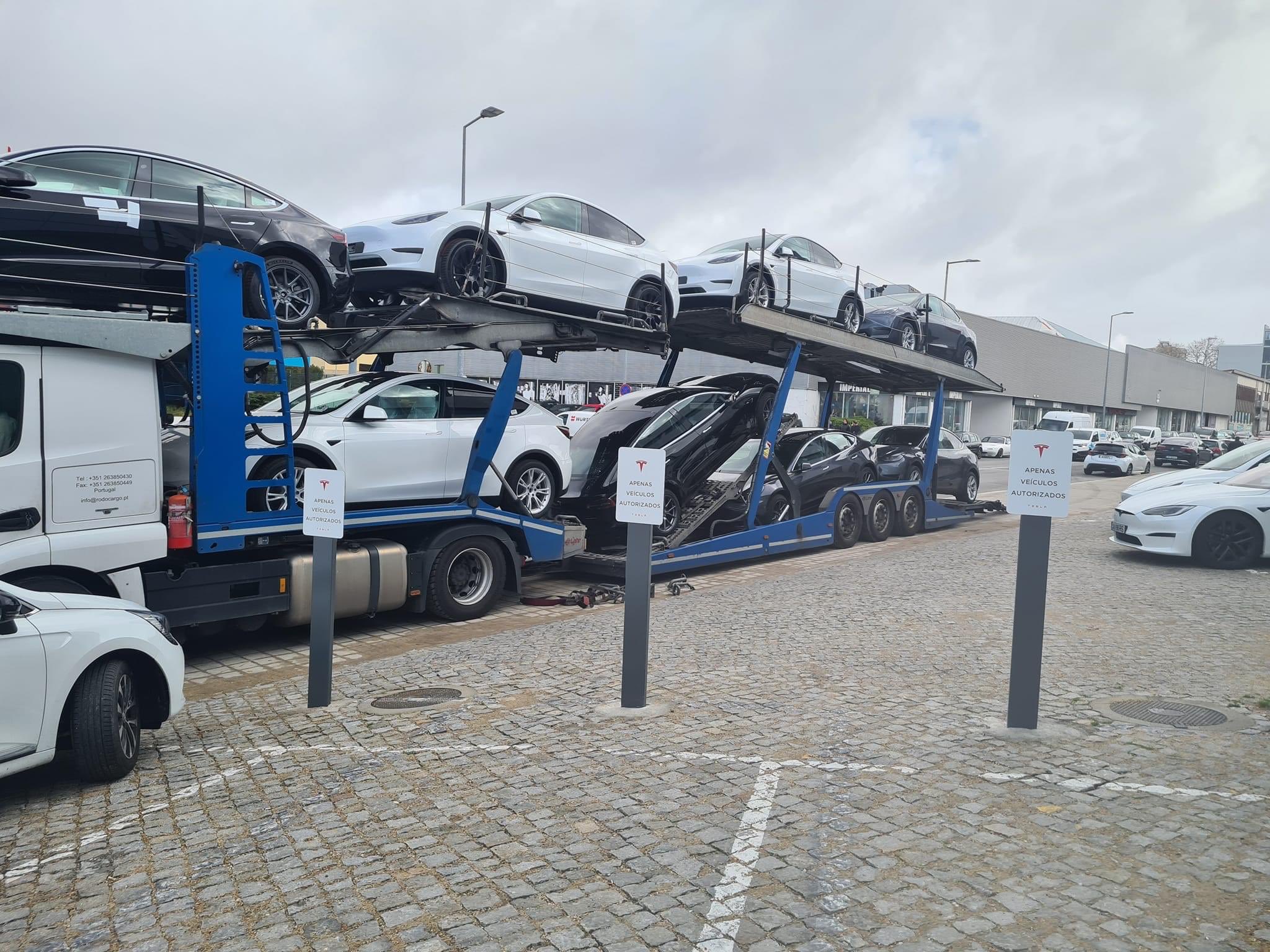This is my guess at the numbers which is very generous to Waymo.
A Robotaxi drives 50,000 miles per year with a 500,000 mile battery pack it lasts 10 years so needs to be depreciated 10% per year.
IMO it is doubtful whether putting a new battery pack in a 10 year old Robotaxi is worthwhile.
Waymo $50,000 -$ 5,000 per year.
Tesla $20,000 - $2,000 per year.
Tesla million mile battery pack $30,000 - $1,500 per year.
As far as we know Waymo doesn't have a Million mile battery pack, but I'll leave it out for now.
Fixed costs - assume the same for both $10 Million per year.
Waymo fleet size - 5,000 = $2,000 per year.
Tesla Fleet size - 100,000 = $100 per year.
Fixed costs
Waymo - $7,000 / 50,000 miles = $0.14 per mile.
Tesla - $2,100 / / 50,000 miles = $0.04 per mile.
So Tesla has a roughly 10 cents per mile advantage and Tesla will roughly know Waymo's cost and margins.
Keep in mind my numbers for Waymo's costs are very generous, Waymo's actual costs might be more like $0.20-$0.50 per mile.
I don't think Robotaxi customers want to be dropped off at a store Google owns, or that many will take meal suggestions from a Robotaxi. Most people know where they are going, and just want to get there with a minimum of fuss,
When the commercial justification for a product or service is selling another product or service, that is a business model on shaky ground.
Tesla has options to watch movies, play games or listen to music, IMO that is what I would want from a Robotaxi, But mostly I don't want to wait for a Robotaxi, It needs to arrive where I am ASAP, and take me to where I want to go with a minimum of fuss.



